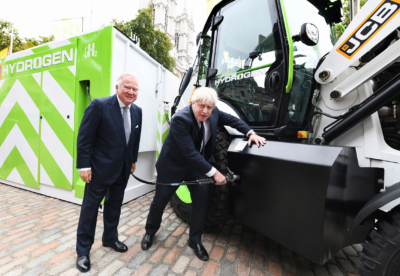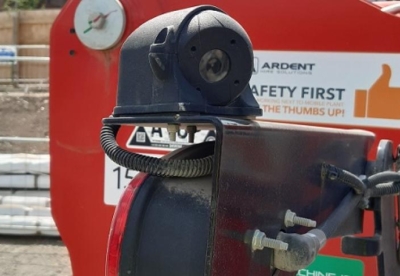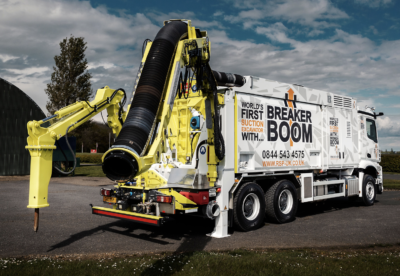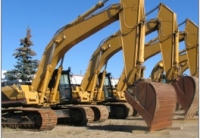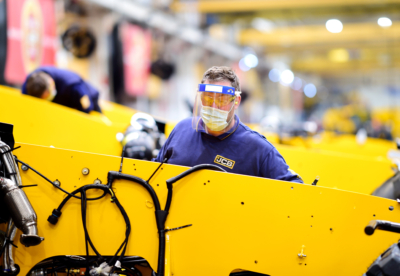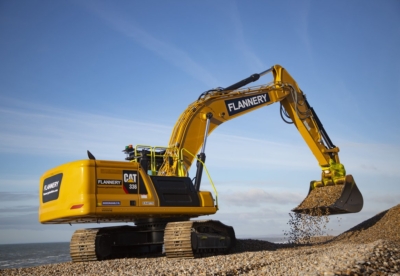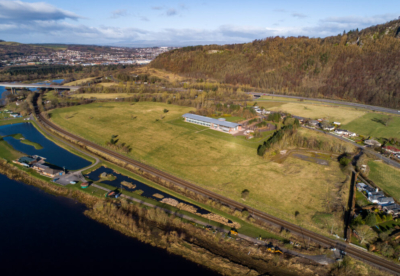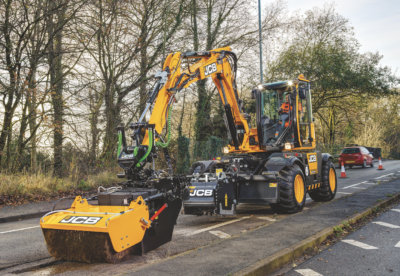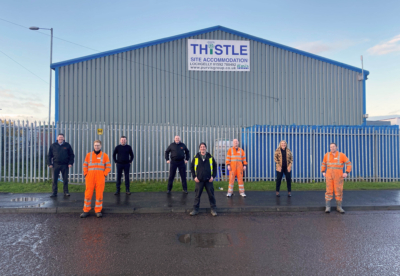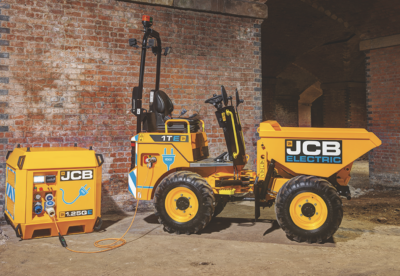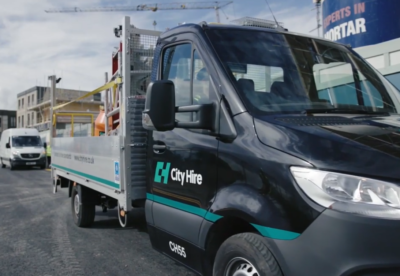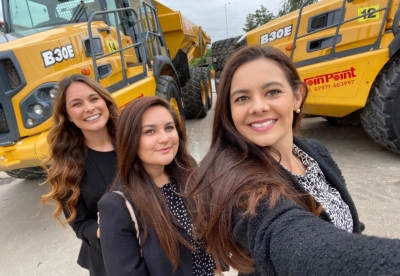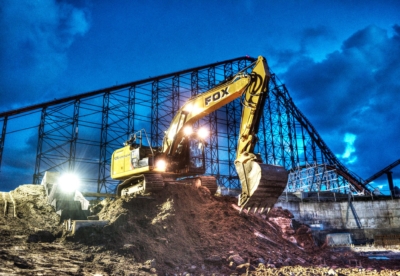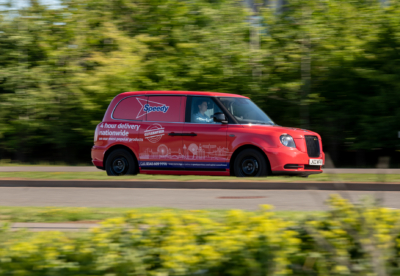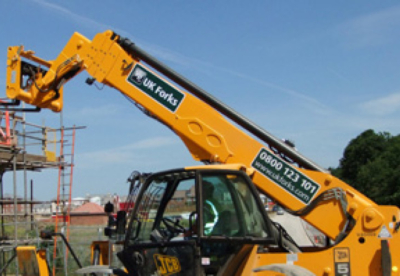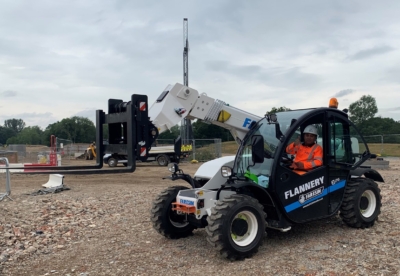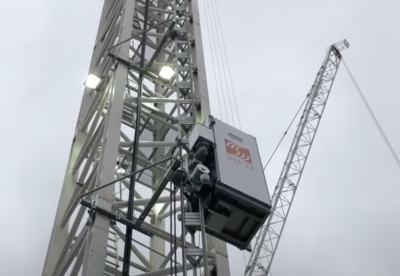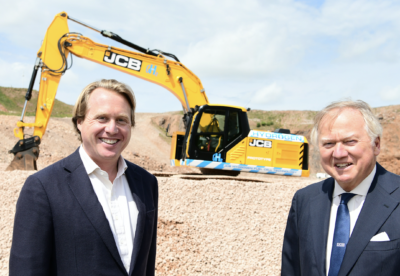The fatal incident nearly three years ago prompted an immediate Health and Safety Executive alert to raise awareness about correct safety practices with powerful top cutters.
Swindon Crown Court heard that Stuart Guard, 28, was sent by Direct Plant Services, trading as South and West Highways Trenching, to a site in Box to prepare trenches in a road for new gas pipes.
After completing the trench Guard got down from the cab of the topp cutting machinery while the cutting wheel was still raised and rotating. He became caught up in the wheel, suffering fatal injuries.
The court heard a safety switch under the operator’s seat to stop the engine and the cutting wheel when the seat was vacated had been deliberately disabled.
HSE inspectors also found the safety switches on all three top cutters owned by the firm had been bypassed.
The investigation found that it was common practice for trench machine operators to check and change the picks during and at the end of each job.
Although the firm recognised checking the picks was a two-man job, it routinely hired out the top cutter with only one worker.
Checking the picks by a sole operator was quicker if the worker could leave his seat and observe the slowly rotating raised wheel.
Portishead-based South and West Highways Trenching pleaded guilty to breaching several health and safety regulations and was fined £100,000 and ordered to pay £56,890 in costs.
HSE inspector Helena Tinton said: “South and West Highways Trenching paid scant regard to the welfare of its employees and took dangerous shortcuts in its attitude toward safety. The company’s safety failings had disastrous consequences.
“The law clearly states that employers have a duty to ensure the health and safety of their employees, which includes ensuring machinery and systems of work are safe.
“The top cutter is a powerful machine, designed to cut through tarmac. They are fitted with safety switches for a very good reason – to prevent operators getting too close to rotating cutting wheels.
“Sending any of the three company machines to sites with one operator and with the safety switches deliberately bypassed puts workers at risk of serious injury or death while trying to check the picks”





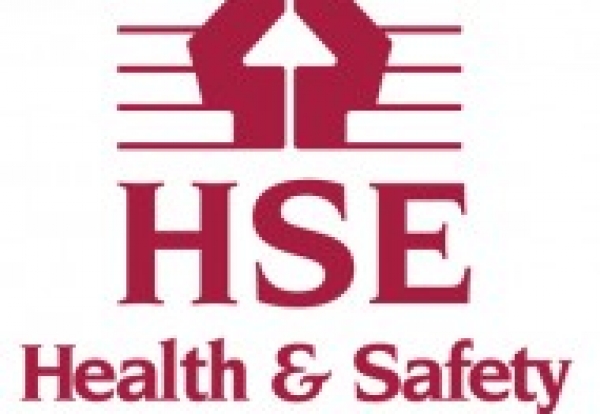


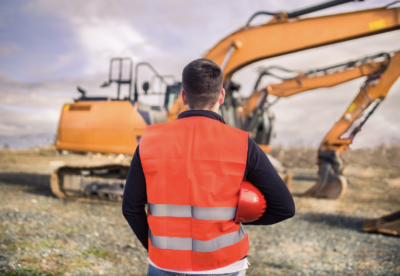
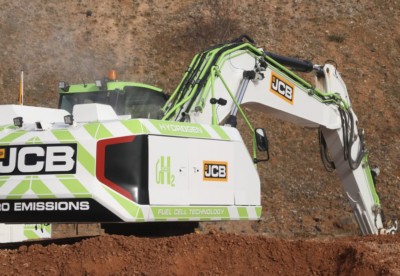
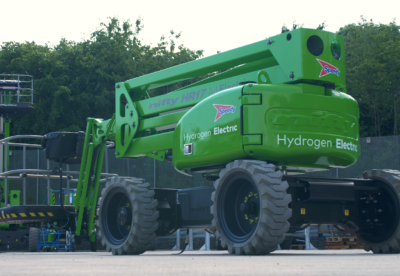

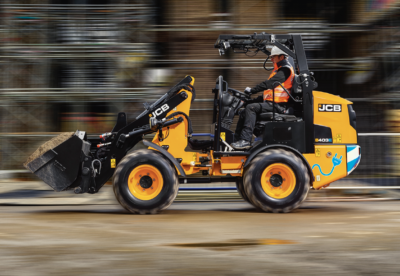
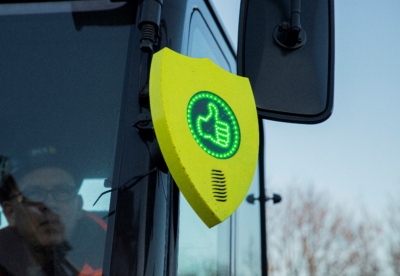
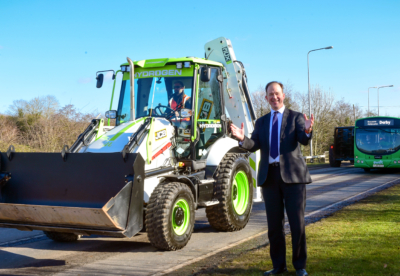

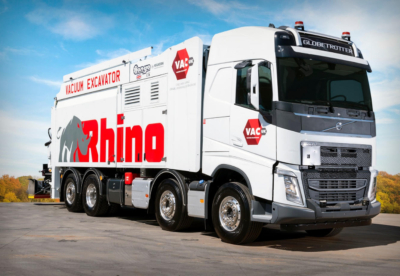

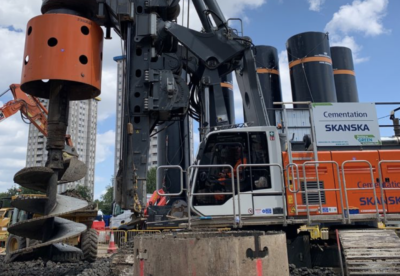
.gif)
